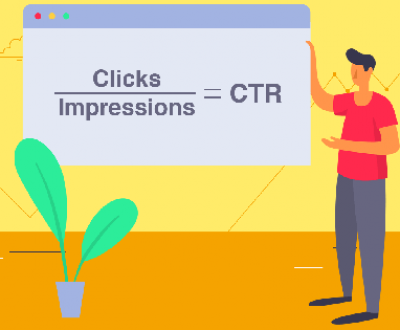Google Says No to Reciprocal Links
- October 17, 2016
- Advanced SEO Techniques, Business advice, SEO
In the past, reciprocal links were an important aspect of many inbound linking strategies. But Google has ruled against this strategy and no longer supports it. In 2005, Google began discounting reciprocal links as they do not view them as authentic. We’re going to go over what reciprocal links are and what the focus of inbound linking strategies should be.
What Are Reciprocal Links?
Reciprocal links refer to the exchange of links by two parties with the sole purpose of mutually benefiting both of their inbound link numbers. Basically, A links to B and B links to A with little or no regard to what either is linking to.
What Google Has To Say About This
Google’s algorithm has been revised in order to seek out reciprocal links and discount them. The idea is that this method goes against Google’s original intention, so Google no longer supports them.
What Makes a Good Inbound Linking Strategy?
We know that link building can increase the number of links pointing to a site, which in turn increases a website’s ranking in search results. From a marketing standpoint, linking strategies can also increase brand awareness. But reciprocal links should not be the focus of inbound linking strategies. Instead, the focus should always be on quality, useful and interesting content in order to increase inbound links naturally.
About us and this blog
We are a digital marketing agency under the umbrella of a leading HTML5 Game and ecommerce web development company ECA Tech Inc. Through these blogs we try to educate who we can about the current trends of the web.
Request a free quote
If you are interested in promoting your brand, website ranking on search engines, online reputation management, Google Adwords, remarketing management services. Please feel free to let us know.
More from our blog
See all postsRecent Posts
- How Internet Marketing Can Help Business During Covid-19 April 26, 2020
- SEO Strategy – The Top 5 Keys to Betterment April 20, 2020
- Why Keyword Research Should Shape Your SEO Strategy April 15, 2020








